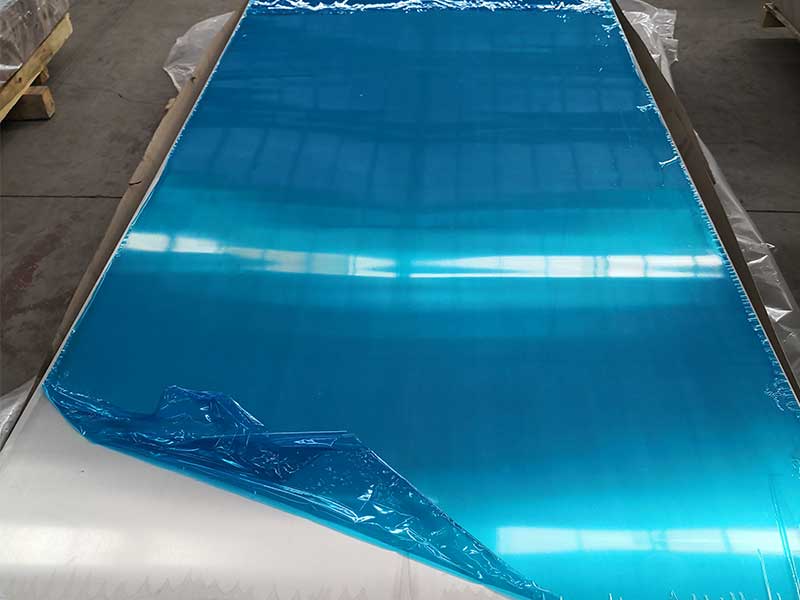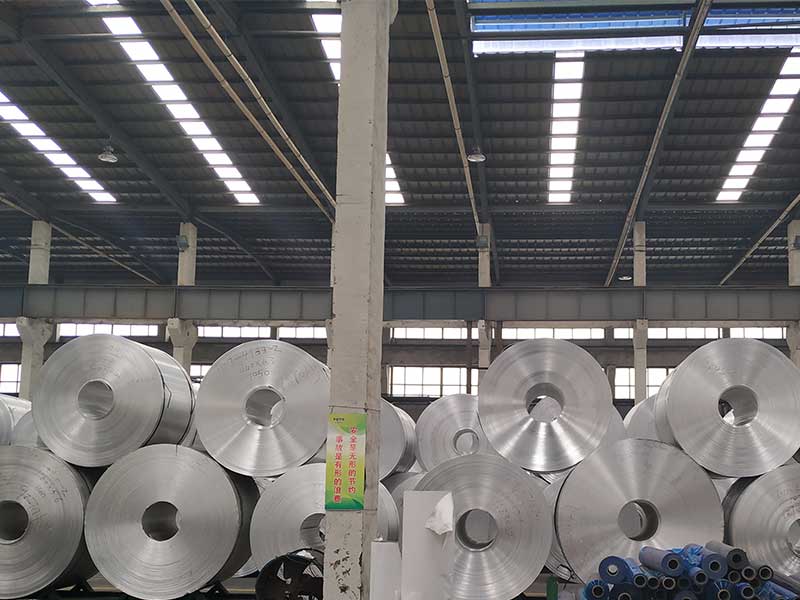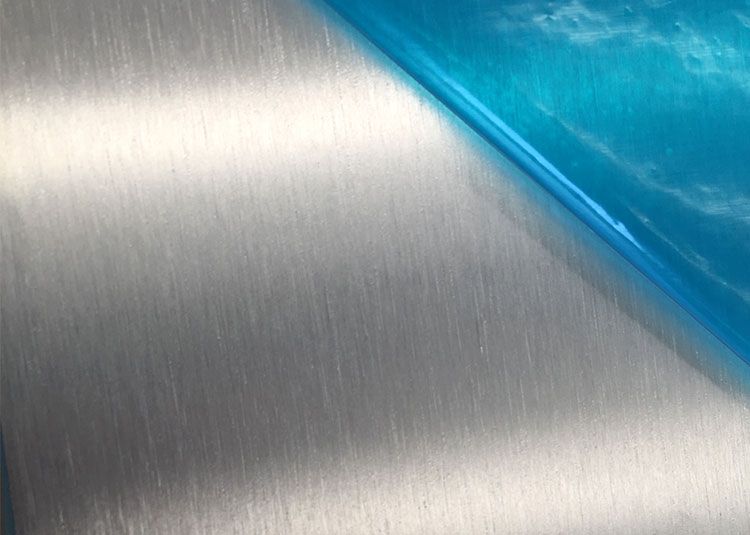When it comes to aluminum alloys, the 5083 H22 aluminum sheet stands out as an exceptional choice for applications demanding high strength coupled with excellent corrosion resistance. Particularly in the 1mm thickness variant, this alloy offers manufacturers and designers unparalleled advantages in terms of lightweight durability without compromising on performance.
the Unique Nature of 5083 H22 Aluminum Sheets
The 5083 series belongs to the Aluminum-Magnesium alloy family—renowned for their robust mechanical properties and striking resistance to marine and industrial corrosion environments. With the H22 temper, the sheet undergoes controlled strain hardening that balances strength with flexibility. Unlike fully hardened states, the H22 temper offers a beneficial moderately stiff structure which can ease fabrication processes like bending and forming while maintaining enhanced resistance—making it the perfect thickness and temper for intricate industrial applications.
Principal Chemical Composition of 5083 Aluminum Sheet
One distinctiveness readers should acknowledge about 5083 aluminum alloy, especially in the automotive and marine sectors, ties directly to its chemical makeup:
| Element | Composition (%) |
|---|---|
| Aluminum (Al) | Balance |
| Magnesium (Mg) | 4.0 – 4.9 |
| Manganese (Mn) | 0.4 – 1.0 |
| Chromium (Cr) | 0.05 – 0.25 |
| Iron (Fe) | ≤ 0.4 |
| Silicon (Si) | ≤ 0.4 |
| Copper (Cu) | ≤ 0.1 |
| Zinc (Zn) | ≤ 0.25 |
| Titanium (Ti) | ≤ 0.15 |
| Others | ≤ 0.15 (each), ≤ 0.05 (total) |
Magnesium is the alloying element that improves strength and corrosion resistance, especially against saltwater exposure, while manganese and chromium enhance structural toughness. The chemical properties permit outstanding oxidation protection; this resilience positions 5083 sheets for harsh use environments such as shipbuilding, pressure vessels, fuel tanks, and coastal architectural structures.
Mechanical Properties and Alloy Temper with Emphasis on 1mm Thickness
Controlled by rigorous implementation standards, the February Edition of ISO 6361 and ASTM B209 governs durable aluminum sheet manufacture worldwide.
| Property | Value | Condition |
|---|---|---|
| Thickness | 1.0 mm | As-supplied |
| Tensile Strength | 270 – 350 MPa | H22 Temper (strain hardened) |
| Yield Strength (0.2% offset) | Min. 135 MPa | H22 Temper |
| Elongation at Break | Approx 8-12% | 1 mm Thickness, H22 |
| Density | ~2.66 g/cm³ | Standard Composition |
The medium strain hardened H22 tempers harness moderate cold working after solution heat treatment, providing a monopoloy in lightweight components: delivering unexpectedly robust influence endurance along with mild formability. The workflow advantage of 1mm ultra-thin sheets underlines potential for aerospace trim panel lamination or automotive marine body plating that demands corrosion resistance, where stingy additional weight would be a liability otherwise.
Implementation and Production Standards
Sourcing genuine 5083 H22 aluminum sheets requires adherence to internationally recognized standards. Building materials that conform to:
- ASTM B209: Standard Specification for Aluminum and Aluminum-Alloy Sheet and Plate \
- ISO 6361: Wrought aluminum and aluminum alloy sheets (this standard emphasizes quality specs, minimum mechanical characteristics, and tolerances)
Producers inspect visual flatness, temper accentuated diversity, along chemical stability at microscopic scale—which software tools employ to verify tolerance values with Hebel Standard.









